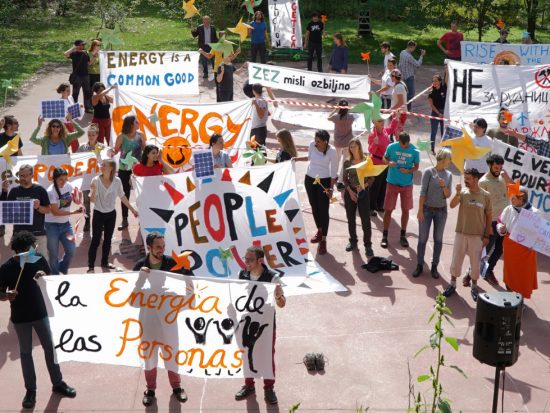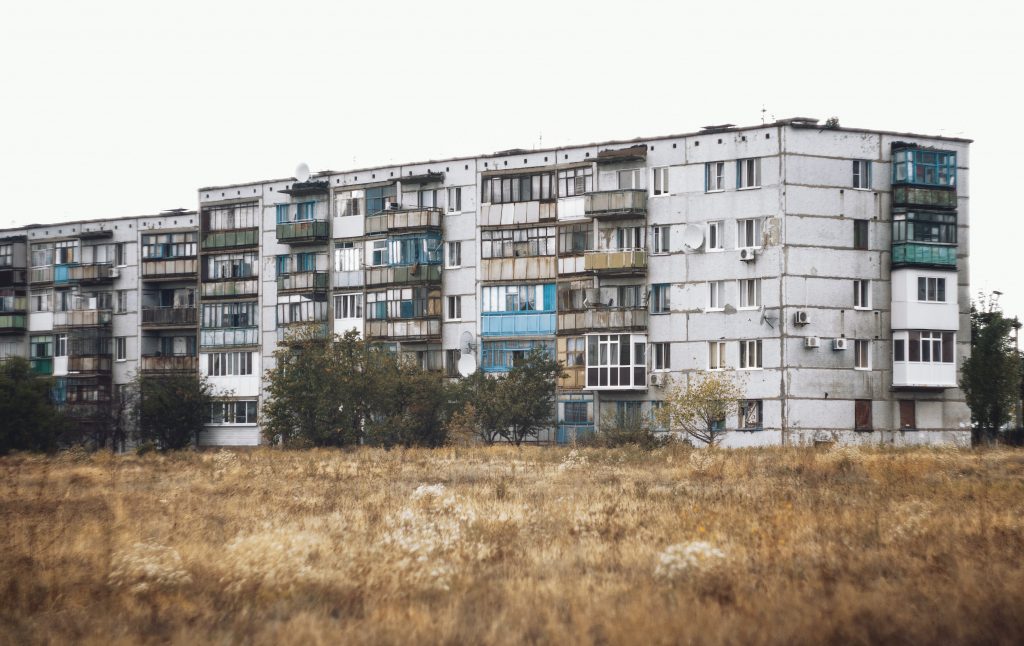NGOs, trade unions and social justice groups call on EU to deliver on Renovation Wave commitments.
Last year, the European Commission committed to tackle energy poverty by including 35 million home renovations in their 2020 Renovation Wave strategy. Reaching the objectives of this piece of legislation would play a pivotal part in improving the lives and living conditions of millions of Europeans.
The energy price crisis is just another reason for developing and delivering on long-term strategies to tackle energy poverty. Damage control to shield vulnerable households from skyrocketing energy prices this winter is crucial, but this alone won’t solve the energy crisis or eradicate energy poverty. What’s needed are long-term solutions to tackle one of the most significant causes of energy poverty: inadequate housing that’s bad for people’s health and wealth. 75% of the EU’s building stock is deemed inefficient and leads to an estimated annual public health burden of more than €140 billion.
The upcoming Buildings Directive revision is a crucial opportunity to implement the commitments made in the Renovation Wave. Studies point out that deep renovations can reduce household energy bills by more than € 400 per year. And it’s not just people who’d benefit, efficient housing will drastically cut carbon emissions, reduce heating demand by 60%, and gas consumption to the equivalent of 25 of the world’s largest LNG gas carriers each year.
The Right to Energy coalition, which unites NGOs, trade unions and social justice groups across Europe, have sent an open letter to the EU, urging them to deliver on their commitments to end energy poverty for people and climate.
The Renovation Wave must deliver and:
1. Tackle unsafe and inefficient housing as a priority in the Energy Performance of Buildings Directive (EPBD)
2. Introduce mandatory Minimum Energy Performance Standards across the residential sector with strong social safeguards
3. Ensure the allocation of substantial EU funds for renovations, prioritising low-income households, those facing energy poverty and those living in unfit housing
4. Provide technical assistance to Member States to develop and design effective low-income renovation programmes
5. Support the establishment of one-stop-shops, which streamline assistance for both renovations and renewable installations; with specific schemes for low income & vulnerable households
6. Outline stronger protections for tenants to ensure housing affordability and overcome landlord-tenant split-incentive
7. Ensure an ambitious deep renovation standard to support low-income households in the transition to Zero Energy Buildings
Read the full letter that was signed by 45 organisations here.
Related Content
We think you’d also like:

Community energy
We’re tackling climate breakdown by powering the transition away from fossil fuels and towards community-owned renewable energy.






